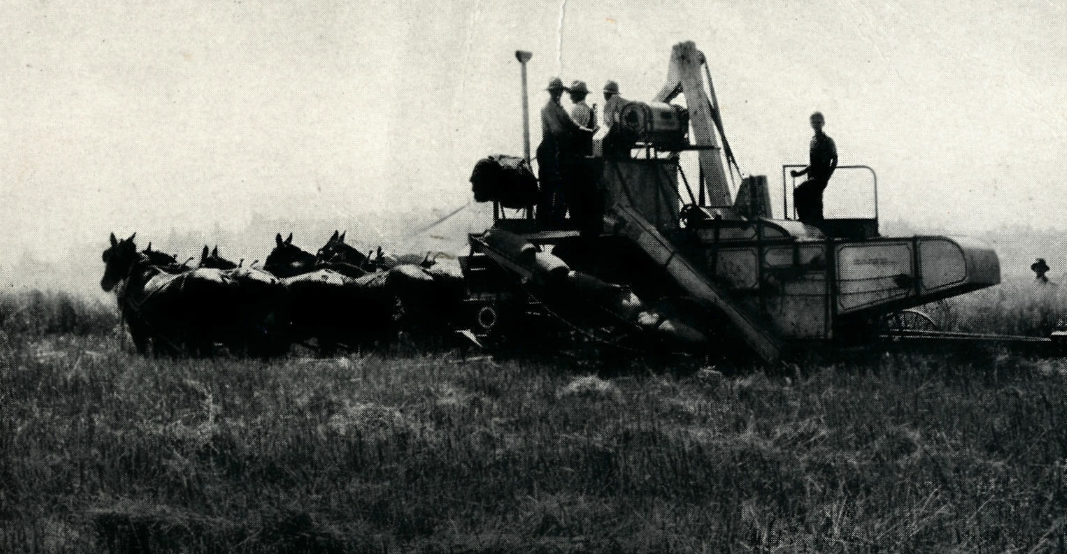Thoughts on Farming – Part 2, by Single Farmer

Surviving the Thin Veneer: Food Scarcity Throughout History
Remembering Past Famines
Remember that our modern civilization is fragile, and a major food crisis could arise at any time. History teaches us that famines have caused widespread suffering and even reduced lifespans.
The Devastating Effects of the 14th Century Famine
In the 14th century, a seven-year famine ravaged Europe, rivaling the Black Death in its destruction. The famine was caused by persistent rain and low crop yields, leading to widespread disease and starvation. Population declined by 10-20% in many areas.
The Origin of "Hansel and Gretel"
The dark fairy tale of "Hansel and Gretel" reflects the horrors of this time. The story includes child abandonment and cannibalism, demonstrating the lengths to which people would go when faced with starvation.
The Importance of Crop Diversity
History has shown that relying on a single crop can have devastating consequences. The Irish Potato Famine illustrates this principle with its tragic loss of life and emigration due to the potato blight.
The Thin Line between Civilization and Starvation
"Those of us who are well fed, well garmented and well ordered, ought not to forget that necessity makes frequently the root of crime." - Alfred Henry Lewis
Modern Farming and the Importance of Food Storage
Today's vast majority of food is produced through modern farming techniques, but food production can be vulnerable to disruption. Well-prepared individuals should maintain a food storage supply of at least two and a half years.
Seed Power and the Genesis of Agriculture
The humble seed holds the potential to restart agriculture and sustain civilization. By consistently increasing the number of seeds, humans developed farming and settled into communities.
Agricultural Productivity and Family Farms
Modern agricultural practices have dramatically increased productivity, allowing a single farmer to feed hundreds of people. In the United States, family farms produce over 80% of the food, preserving rural communities.
A Concluding Note
This article highlights the fragility of our food system and the importance of preparedness. A deep appreciation for the challenges faced by our ancestors can guide us in ensuring that future generations have access to life-sustaining sustenance.
(To be continued tomorrow, in Part 3.)